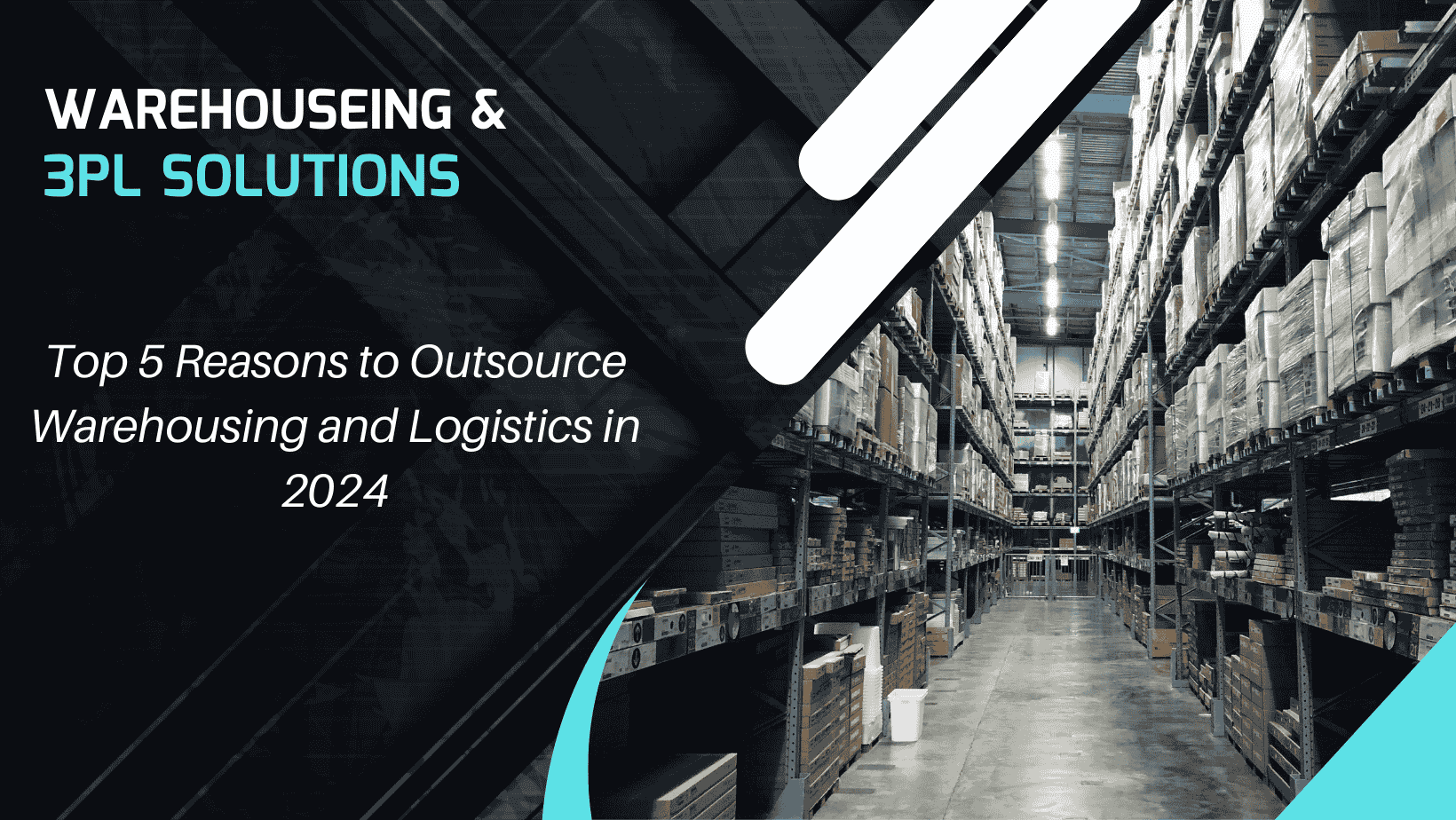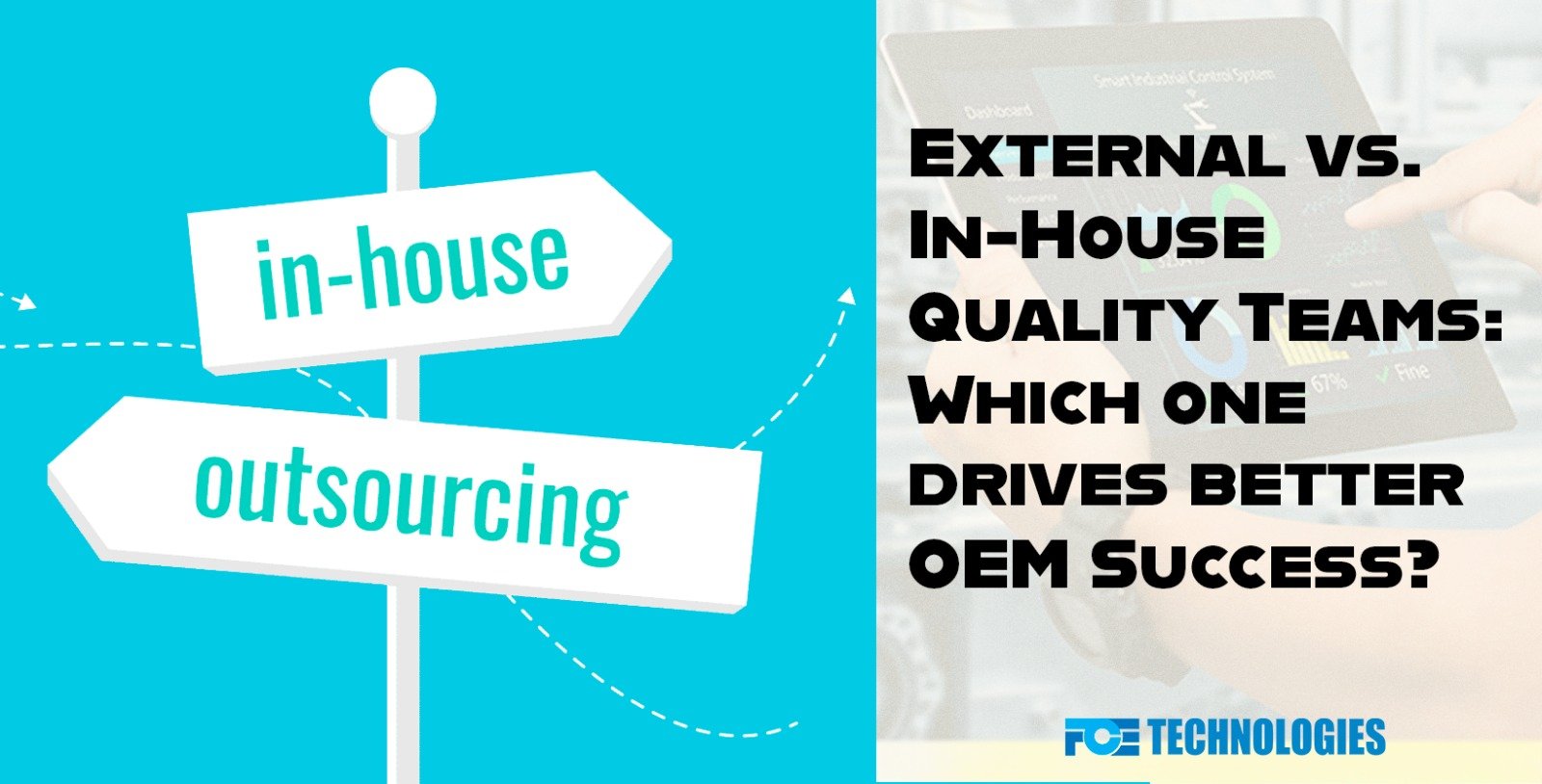Importance of IT in Government and Public Sector
As technology improves, organizations are finding ways to increase the use of IT in their organizations. Although some public sector jobs will be lost to automation, the resulting money saved can be used to fund other areas of government service. One interesting example of this is the automation of toll booths.
Data is the new currency
The digital transformation is transforming government and public sector functions, and data plays an important role. Open and big data are now important innovation tools in the public sector, where data from multiple sources can be collated and shared. Whether it’s data on crime rates, fires, or environmental conditions, data can help create better policies and increase efficiency.
Open data initiatives improve trust between citizens and government. Moreover, they allow governments to tailor their public services to meet the needs of citizens. Data analytics can help politicians prioritize services and identify citizens’ preferences and interests. Moreover, combining multiple data sources can help government economists make more accurate financial forecasts. Open data also improves cybersecurity and helps detect hacking.
As data becomes increasingly valuable to the government and the private sector, it is essential to protect the privacy of users. A partial payment of taxes in data could turn a portion of private assets into common goods. For example, car manufacturers could provide anonymized sensor data to government agencies to improve traffic flow or identify accident blackspots. Similarly, anonymized health data from wearable devices could be pooled in public data trusts.
Organizational change required to increase adoption of IT solutions
As the adoption of digital systems grows in the Government & public sector, there is a need for organizational change to make these technologies more accessible to employees. Public sector organizations face many challenges, including complex bureaucracy and long-standing processes, making it crucial to understand operational requirements and introduce organizational change. To facilitate this change, best practices include communicating transparently with stakeholders, involving frontline management and delivering on-the-job training. Lastly, the adoption process must be transparent and trust-building.
A good policy requires the acceptance of employees, and any change should include a strategy for employee adoption. Employees should be asked about their opinions and expectations before making decisions about the change. In addition, the change must be implemented quickly, with minimal disruption to the workforce.
Impact of digital transformation on public sector
Governments and the public sector are experiencing a digital transformation and are implementing various initiatives to improve citizen experience. This digital transformation is a multi-dimensional process that affects all areas of government from transportation and mobility to healthcare. It is also changing regulated and semi-regulated services.
Governments and the public sector are expected to offer services that are convenient and easy to use. People expect clear and understandable information and easy-to-use language. They expect to be able to complete transactions digitally, and they expect to have a single digital journey. However, these transformation initiatives are often slow and expensive.
Digital transformation in government involves fundamental changes in governance, work processes, and culture. The new technology will create different kinds of vulnerabilities, which governments need to mitigate. As a result, it is important for government leaders to create a strong digital strategy and build a robust digital infrastructure to ensure the success of the initiative.







